Controlling Mosquitoes: Best Practices for Your Home and Yard
Mosquito life cycle
Common breeding sites
- Standing water in flower pot trays and containers
- Clogged gutters and drainage systems
- Unused pools and birdbaths
- Air conditioner drip trays
- Tree hollows and wood piles
- Uncovered trash receptacles
Peak activity times
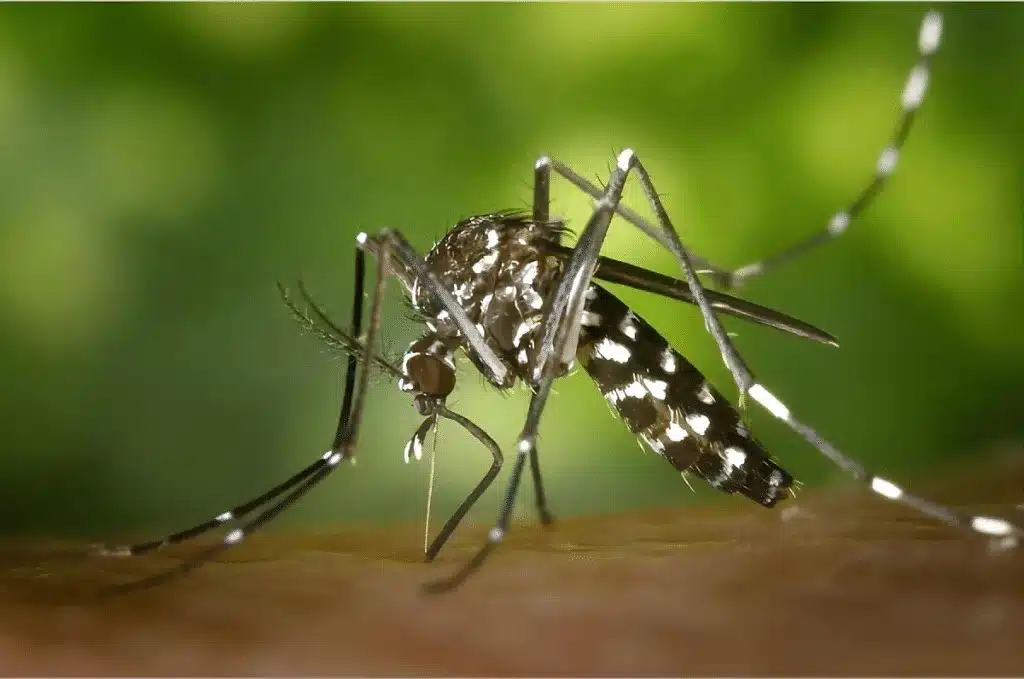
Eliminating Mosquito Breeding Grounds
Removing standing water
Weekly removal of standing water reduces adult mosquito populations by 70 percent. A quick 15-minute property check helps identify breeding spots that mosquitoes love.
- Flower pots with their drainage saucers
- Empty bottles, cans, and unused containers
- Children’s outdoor toys and play equipment
- Tarps and swimming pool covers
- Tree hollows and old stumps
- Pet water bowls left outside
Natural Mosquito Repellent Methods
Eco-friendly mosquito control methods protect your garden’s ecosystem balance. These approaches blend time-tested wisdom with scientific research. Modern mosquito management strategies work because they combine the best of both worlds.
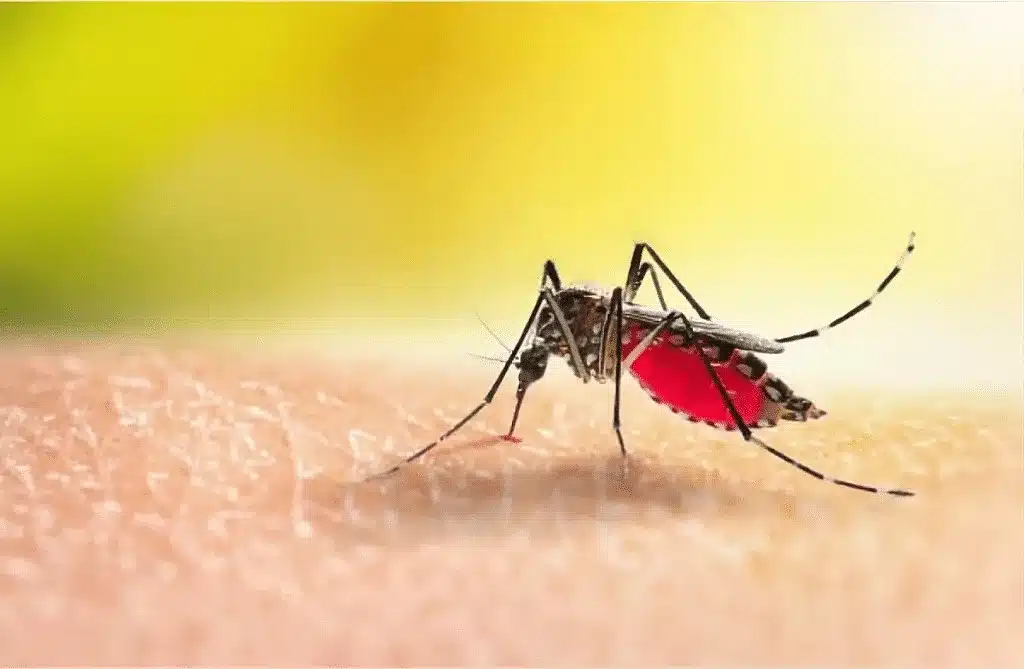
Mosquito-repelling plants
- Citronella grass
- Lavender
- Marigolds
- Basil
- Rosemary
Essential oils and natural sprays
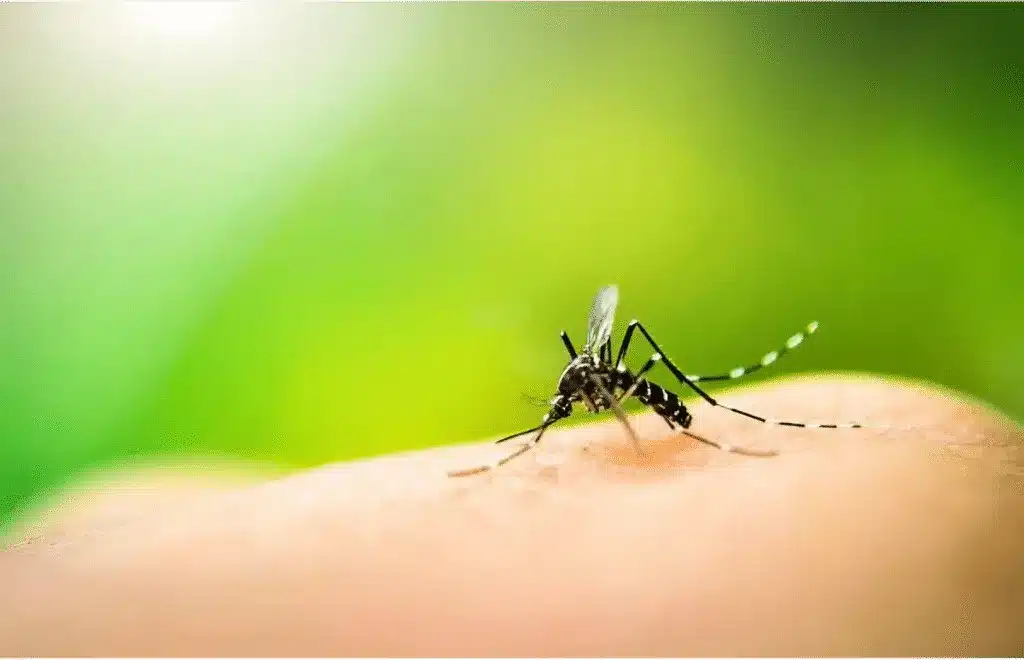
Professional Mosquito Control Solutions
Mosquito misting systems
Barrier treatments
- Trees, shrubs, and dense foliage
- Property perimeter areas
- Wood piles and organic debris zones
- Shaded resting locations
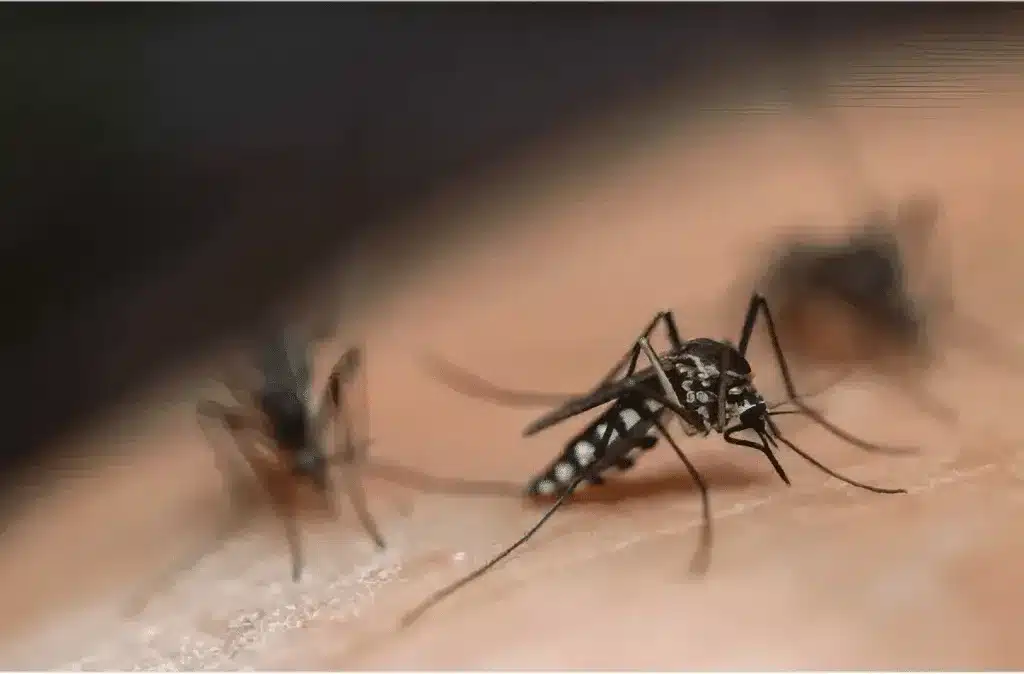
Integrated pest management
Integrated Pest Management (IPM) offers the most detailed way to control mosquitoes. This scientific method blends multiple control strategies that rely on constant tracking and observation. IPM programs review mosquito numbers and breeding patterns before they create targeted solutions.
- Regular property inspection and surveillance
- Source reduction through habitat modification
- Biological control implementation
- Chemical control when necessary
- Ongoing monitoring and adjustment
Professional teams test for insecticide resistance to make sure treatments work well and protect the environment. They adjust treatment protocols based on field data. This helps achieve the best control without using unnecessary pesticides. The systematic approach delivers eco-friendly, long-term mosquito control while it protects helpful insects and keeps nature in balance.
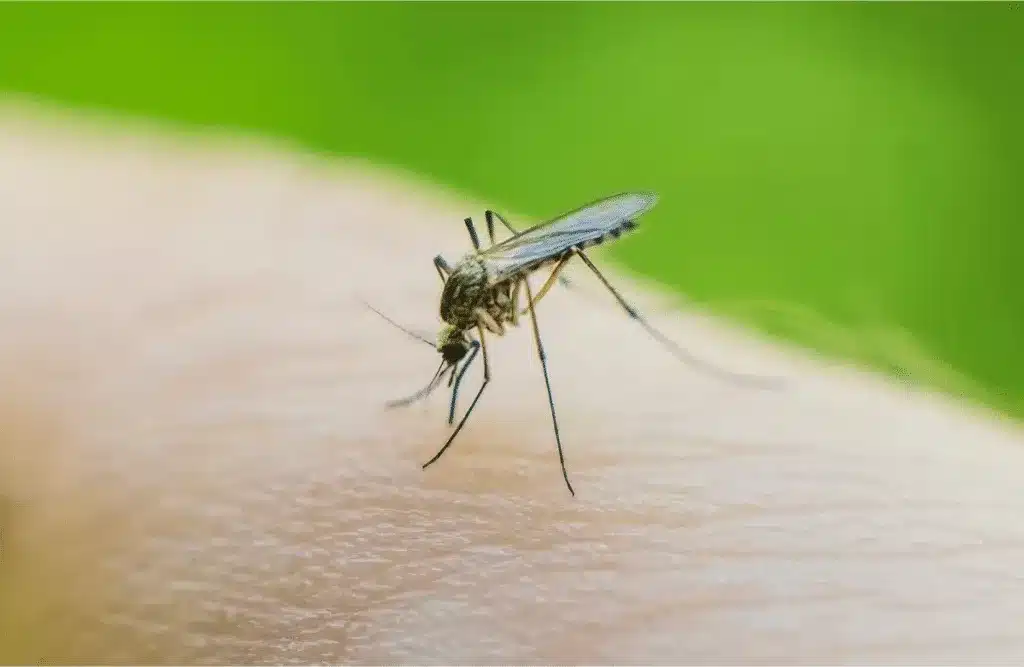
Stay Protected Against Those Pesky Mosquitoes!
Your protection against mosquitoes depends on using prevention strategies throughout the season. The best outdoor protection comes from mixing weekly breeding site checks with natural repellents and professional barrier treatments. These tested methods help families enjoy their yards. This balanced approach protects people and beneficial insects alike.
Contact Bugmobiles Pest Control
Mosquitoes Prevention FAQs
What is the best way to prevent mosquitoes in your backyard?
What is considered the best method for controlling mosquitoes?
Are there useful repellents to keep mosquitoes away?
Yes, DEET-based repellents are highly effective against mosquitoes. Products containing at least 20% DEET can protect your skin for several hours. However, concentrations over 50% do not provide additional protection. For children, repellents with 10%-30% DEET are recommended.
